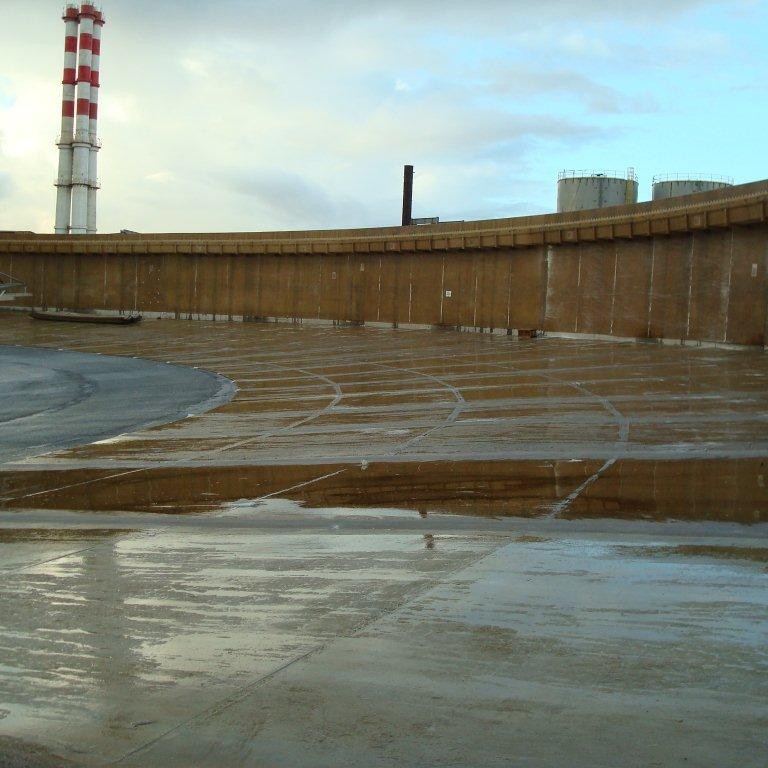
-
 Afrikaans
Afrikaans -
 Albanian
Albanian -
 Amharic
Amharic -
 Arabic
Arabic -
 Armenian
Armenian -
 Azerbaijani
Azerbaijani -
 Basque
Basque -
 Belarusian
Belarusian -
 Bengali
Bengali -
 Bosnian
Bosnian -
 Bulgarian
Bulgarian -
 Catalan
Catalan -
 Cebuano
Cebuano -
 China
China -
 China (Taiwan)
China (Taiwan) -
 Corsican
Corsican -
 Croatian
Croatian -
 Czech
Czech -
 Danish
Danish -
 Dutch
Dutch -
 English
English -
 Esperanto
Esperanto -
 Estonian
Estonian -
 Finnish
Finnish -
 French
French -
 Frisian
Frisian -
 Galician
Galician -
 Georgian
Georgian -
 German
German -
 Greek
Greek -
 Gujarati
Gujarati -
 Haitian Creole
Haitian Creole -
 hausa
hausa -
 hawaiian
hawaiian -
 Hebrew
Hebrew -
 Hindi
Hindi -
 Miao
Miao -
 Hungarian
Hungarian -
 Icelandic
Icelandic -
 igbo
igbo -
 Indonesian
Indonesian -
 irish
irish -
 Italian
Italian -
 Japanese
Japanese -
 Javanese
Javanese -
 Kannada
Kannada -
 kazakh
kazakh -
 Khmer
Khmer -
 Rwandese
Rwandese -
 Korean
Korean -
 Kurdish
Kurdish -
 Kyrgyz
Kyrgyz -
 Lao
Lao -
 Latin
Latin -
 Latvian
Latvian -
 Lithuanian
Lithuanian -
 Luxembourgish
Luxembourgish -
 Macedonian
Macedonian -
 Malgashi
Malgashi -
 Malay
Malay -
 Malayalam
Malayalam -
 Maltese
Maltese -
 Maori
Maori -
 Marathi
Marathi -
 Mongolian
Mongolian -
 Myanmar
Myanmar -
 Nepali
Nepali -
 Norwegian
Norwegian -
 Norwegian
Norwegian -
 Occitan
Occitan -
 Pashto
Pashto -
 Persian
Persian -
 Polish
Polish -
 Portuguese
Portuguese -
 Punjabi
Punjabi -
 Romanian
Romanian -
 Russian
Russian -
 Samoan
Samoan -
 Scottish Gaelic
Scottish Gaelic -
 Serbian
Serbian -
 Sesotho
Sesotho -
 Shona
Shona -
 Sindhi
Sindhi -
 Sinhala
Sinhala -
 Slovak
Slovak -
 Slovenian
Slovenian -
 Somali
Somali -
 Spanish
Spanish -
 Sundanese
Sundanese -
 Swahili
Swahili -
 Swedish
Swedish -
 Tagalog
Tagalog -
 Tajik
Tajik -
 Tamil
Tamil -
 Tatar
Tatar -
 Telugu
Telugu -
 Thai
Thai -
 Turkish
Turkish -
 Turkmen
Turkmen -
 Ukrainian
Ukrainian -
 Urdu
Urdu -
 Uighur
Uighur -
 Uzbek
Uzbek -
 Vietnamese
Vietnamese -
 Welsh
Welsh -
 Bantu
Bantu -
 Yiddish
Yiddish -
 Yoruba
Yoruba -
 Zulu
Zulu
Fiberglass Solutions for Enhanced Efficiency in Steel Smelting Facilities
Fiberglass Products for Steel Smelting Plants Enhancing Efficiency and Safety
In the steel industry, the process of smelting is crucial for transforming raw iron into high-quality steel. Traditionally, this process involves various materials and components that can withstand extreme temperatures and harsh environments. One solution that has garnered attention in recent years is the use of fiberglass products within steel smelting plants. These products offer significant advantages in terms of durability, safety, and efficiency.
Fiberglass, a composite material made from fine fibers of glass, possesses exceptional thermal resistance properties. This characteristic makes it an excellent choice for applications in steel smelting, where temperatures can reach upwards of 1,500 degrees Celsius. Unlike traditional materials, fiberglass does not corrode or degrade under extreme conditions, ensuring a longer lifespan for equipment and reducing maintenance costs.
Beyond thermal resistance, fiberglass products are also lightweight yet strong, making them easier to handle and install. This can significantly reduce the labor costs associated with equipment installation and replacement in steel smelting facilities. Moreover, the lightweight nature of fiberglass can lead to lower transportation costs as well, thereby contributing to overall operational efficiency.
fiberglass products for steel smelting plant

Safety is a paramount concern in steel smelting plants due to the presence of hazardous materials and extreme working conditions. Fiberglass products can help mitigate risks by providing non-conductive surfaces, reducing the likelihood of electrical hazards. Additionally, the use of fiberglass in protective gear, such as gloves and thermal barriers, enhances worker safety by providing robust protection against high temperatures and molten metal splashes.
Another benefit of fiberglass products is their versatility. They can be molded into various shapes and sizes, making them suitable for a wide range of applications within a smelting plant, from insulation panels to storage containers for hazardous materials. This adaptability allows steel manufacturers to design custom solutions that meet their specific needs.
In conclusion, the integration of fiberglass products in steel smelting plants represents a step forward in modern manufacturing practices. Their high thermal resistance, lightweight nature, and enhanced safety features contribute to improved operational efficiency and worker protection. As the steel industry continues to evolve, the adoption of advanced materials like fiberglass will play an essential role in ensuring sustainability and competitiveness in the global market. Investing in fiberglass solutions is not just a trend; it is a strategic move towards a safer and more efficient future in steel manufacturing.
Latest news
-
Exploring the Benefits of Top Hammer Drifter Rods for Enhanced Drilling PerformanceNewsJun.10,2025
-
High-Precision Fiberglass Winding Machine for GRP/FRP Pipe Production – Reliable & Efficient SolutionsNewsJun.10,2025
-
FRP Pipes & Fittings for Shipbuilding - Corrosion-Resistant & LightweightNewsJun.09,2025
-
Premium FRP Flooring Solutions Durable & Slip-ResistantNewsJun.09,2025
-
Premium Fiberglass Rectangular Tanks Durable & Lightweight SolutionNewsJun.09,2025
-
Tapered Drill String Design Guide Durable Performance & UsesNewsJun.09,2025









